Referendum Council’s recommendation concedes there is 'NO CONSENT'
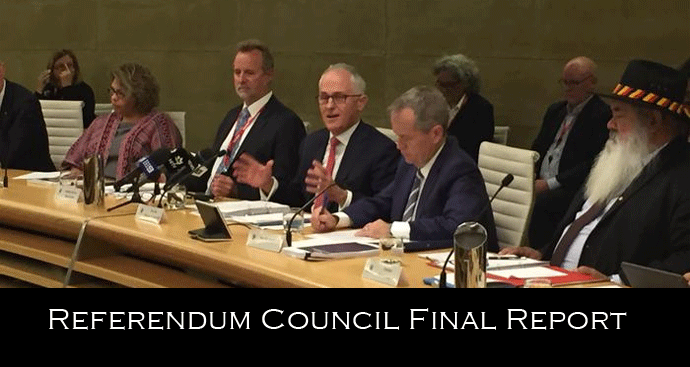 PM Malcolm Turnbull with Opposition leader Bill Shorten at the release of the 'Recognition Council Final Report' (Pic:SBS)
PM Malcolm Turnbull with Opposition leader Bill Shorten at the release of the 'Recognition Council Final Report' (Pic:SBS)
Without First Nations and Peoples being involved in the colonial legislature the British population merely becomes a constituted occupier of a foreign-owned land, and everything thereafter only relates to those whom the British colonial power represents, that the British subjects, while the occupied First Nations and Peoples remain a threat because they have their own sovereign pre-existing legitimacy.

Referendum Council's recommendation concedes there is 'NO CONSENT'
Ghillar, Michael Anderson 18 July 2017
Reference: Referendum Council's one recommendation leaves Malcolm Turnbull unsure
Sydney Morning Herald Report
Response to the Referendum Council's so-called modest and substantive recommendation of a referendum to have an advisory-only 'Indigenous Voice' in parliament.
$800 million plus has now gone down the gurgler, but then this is what happens when a government meets resistance, a resistance that has been going since 1770.
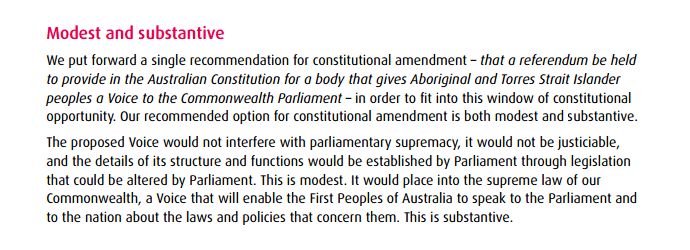
Cook could not get near the place to gain any form of consent that his Secret Orders requested, and Governor Phillip could not get near the Peoples sufficiently enough to establish amicable relationships.

What does this mean? It means NO CONSENT!
What does this mean? It means NO CONSENT!
In the modern day political and legal language that represents a British invasion and complete military occupation of our Country.
Britain also admits in its hidden documents, in relation to the establishment of a legislature, that in order to remove itself from establishing purely a prison colony, the parliament of Great Britain and the Colonial Secretary's Office had expressed concern that their governance would not be legitimate, because Britain had failed to establish an amicable relationship with the local inhabitants, that is the First Nations Peoples.
Without First Nations and Peoples being involved in the colonial legislature the British population merely becomes a constituted occupier of a foreign-owned land, and everything thereafter only relates to those whom the British colonial power represents, that the British subjects, while the occupied First Nations and Peoples remain a threat because they have their own sovereign pre-existing legitimacy.
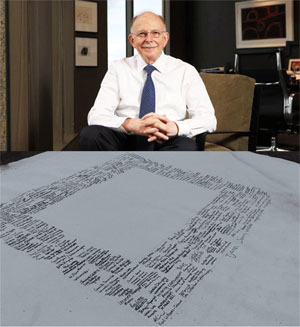
Read Mabo (No.2) again, because the High Court recognised that the current colonial occupiers, State, Federal and local governments, represent a skeletal framework of power without any real authority. Their exercise of power is through the threat of police and military intervention. Furthermore, their illegitimate regimes are propped up by willing participants of our own kind.
The British military regime is extremely clever and possesses very deceptive ways of manipulation. Friends are not necessarily friends, and the technique of maintaining power is to use any possible means available to them to destroy any organised resistance.
Significantly, the Referendum Council failed to understand the resolve of constructive and organised grassroots resistance. It is not surprising that a new campaign of destruction of that organised resistance has now emerged, clearly demonstrating the devil in the woodpile, which has been lurking for some time.
It must be an enormous disappointment for the Turnbull government and Shorten's expectations that Leibler and his First Nations cohorts have failed miserably to deliver the goods, that is to assimilate First Nations Peoples in to the colonial constitution. Turnbull is clearly aware of a looming 'heroic failure'.
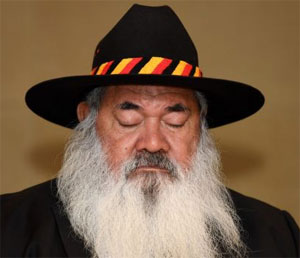
'Clearly, Pat Dodson's response indicates a bit of shock, because after his personal mandate to win international glory and fame through his recognise campaign, he now has to realise that he is on another losing side, despite all his efforts of being a moderate and conservative ...'
Clearly, Pat Dodson's response indicates a bit of shock, because after his personal mandate to win international glory and fame through his recognise campaign, he now has to realise that he is on another losing side, despite all his efforts of being a moderate and conservative. Our 200 plus years resistance now demonstrates, we are true survivors, despite the odds.
In saying this we must accept that it is the unified grassroots approach that destroyed the Referendum Council and the Recognition campaign's agenda.
We will continue to make our decisions our way, and now it is up to the individual First Nations and Peoples to come up with their own pathways forward, and we can win out through a national unified approach. In order for this to succeed we need to filter the detractors from within our own Nations and establish a sound leadership from within each Nation to take our Nations forward, so we can come out of the dark as a force that cannot be destroyed.
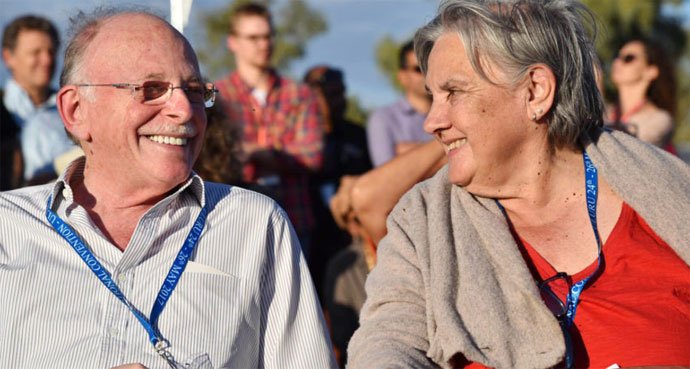
Our past experiences of local community organisation demonstrate the failings of this approach. The Rule of Law under Aboriginal/First Nations Law and customary practices dictates that Aboriginal family/clan [or as they say in America and Canada 'bands'] are the most powerful driving force in our ancient system of governance. It is not for one clan/family group to tell or make decisions about other Peoples' territories.
In terms of a democratic approach to governance maybe the British can learn a lot from us First Nations and Peoples because our way of leadership is not through force and power but through the Respect that is earned as a neighbour.
Ghillar
 Contact: Ghillar Michael Anderson
Contact: Ghillar Michael AndersonConvenor of Sovereign Union of First Nations and Peoples and Head of State of the Euahlayi Peoples Republic -
Contact Details for Ghillar
Related
Referendum Council Report - Page 140
Two key reasons for opposition to recognition arose. Firstly, some argued constitutional recognition is a mistake in an environment where sovereignty remains unceded. This view was most common among those who demanded substantive change in the lives and rights of Aboriginal and Torres Strait Islander peoples, not just in relation to their treatment in the Constitution. Secondly, the singling out of Aboriginal and Torres Strait Islander peoples in the Constitution was seen by others as undermining efforts to achieve equality in Australia.


